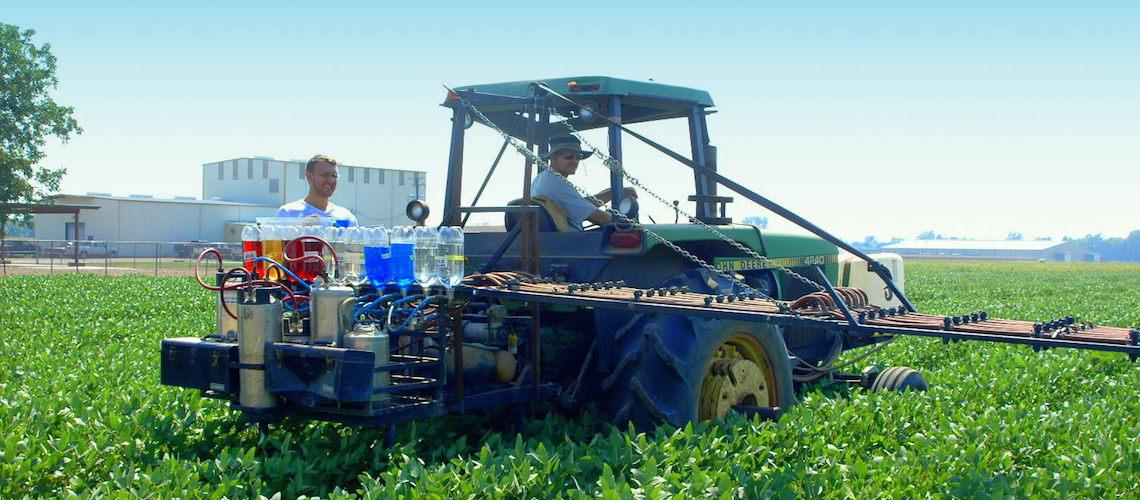Outreach
Overview
Through research, extension, and teaching programs, the department aims to improve disease management in Louisiana's commodities, including corn, cotton, fruit crops, grain crops, ornamentals, rice, soybean, sugarcane, sweet potato, turfgrass, vegetable crops, and coastal plants.
Plant Diagnostic Center
The Plant Diagnostic Center is a service of the LSU AgCenter and is supported by the Department of Plant Pathology and Crop Physiology. Routine plant diagnostic services are provided to extension personnel across Louisiana as well as to state residents at a charge of $20 per sample. The center diagnoses plant samples with problems caused by fungi, bacteria, viruses, nematodes, insect pests and mites, as well as nonpathogenic agents and weed identification.
Learn more about Plant Diagnostic Center
Horticultural Crops Pathology Laboratory
The Horticultural Crops Pathology Laboratory strives to improve the well being of growers of horticultural crops by providing practical, economical, sustainable and effective disease management strategies. An emphasis is placed on integrated pest management (IPM) approaches, which can be applied to commercial, home garden and workplace production settings in any environment. Whether you are producing one plant or hundreds of plants taking an integrated approach will benefit you, the consumer, and the environment.
Learn more about the Horticultural Crops Pathology Laboratory
Nematode Advisory Service
The Nematode Advisory Service is a valuable resource for growers, homeowners, and industry representatives in Louisiana. This service helps to correctly identify nematode problems, which can cause significant damage to plants and result in lower yields. With the assistance of the Nematode Advisory Service, users can access information on the best methods of managing these pests.
Read more about the Nematoday Advisory Service
Sugarcane Disease Detection Lab
The SDDL conducts tests for the detection of two diseases, ratoon stunt and yellow leaf. The pathogen causing ratoon stunt must be detected in the stalk, whereas the pathogen causing yellow leaf is detected in the midvein of the leaf. This means different samples must be collected for each disease.
